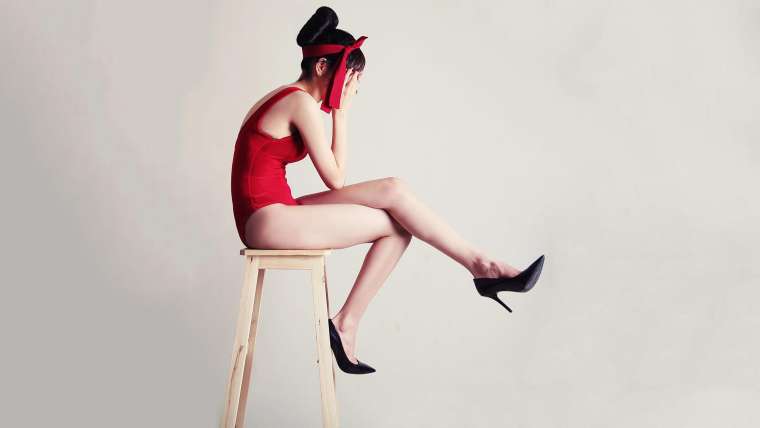What are chilblains?
Chilblains (or pernio) are small, itchy blisters on the skin that occur as a reaction of the skin to very low temperatures. They mostly affect the limbs, such as fingers and toes, ears and nose.
Chilblains can be an unpleasant situation, but rarely cause permanent damage and subside within a few weeks if the person avoids further exposure to cold and take appropriate preventive measures.
What causes chilblains?
Chilblains are the result of an abnormal reaction to cold.
When the skin is cold, the blood vessels near its surface become narrower. If the skin is then exposed to heat, the blood vessels can become wider.
If this happens too fast, the blood may leak into the surrounding tissue. This is considered to be the reason of swelling and itching associated with chilblains.
Chilblains can affect people of any age, but are more frequent in children and the elderly. This problem also affects women more than men. Some people, such as people with poor blood circulation, are more susceptible to chilblains.
What are the symptoms?
Chilblains are usually developed several hours after exposure to cold. They often cause burning and itching symptoms in the affected areas, which can become more intense if the patient goes into a warm room.
The affected skin may also swell and become red or dark blue. In severe cases, the skin surface can burst and sores or blisters can occur.
It is very important not to scratch the skin, as it may easily burst and become infected.
When should I seek medical attention?
Most people do not need to seek medical attention if they have chilblains, since they usually heal within a few weeks and do not cause permanent damage.
However, you should visit your doctor or podiatrist for advice if you have severe or repeated occurrence of chilblains, or if your condition does not improve within a few weeks. You should also seek medical attention if you think your skin may be infected.
What is the treatment for chilblains?
Chilblains often subside without treatment after one or two weeks.
Many creams and lotions are available in the market as a remedy for chilblains, but no clinical evidence or research proves them to be effective.
If you have a serious and recurring problem with chilblains, your doctor may recommend taking a daily tablet of a medicine called nifedipine. It works by relaxing the blood vessels and improving circulation.
What can I do to avoid chilblains?
If you are prone to chilblains, you can reduce the risk of occurrence by limiting your exposure to cold, taking care of your feet and taking steps to improve your blood circulation.
- Wear warm clothes and socks and make sure your home is warm
- Stay active
- Stop smoking
- Avoid too narrow shoes
- Receive adequate amounts of vitamins C and D
If your skin is cold, it is very important to warm it up gradually. Warming your skin too quickly, for example by putting your cold feet in hot water or near hot radiators, is one of the main causes of chilblains.




